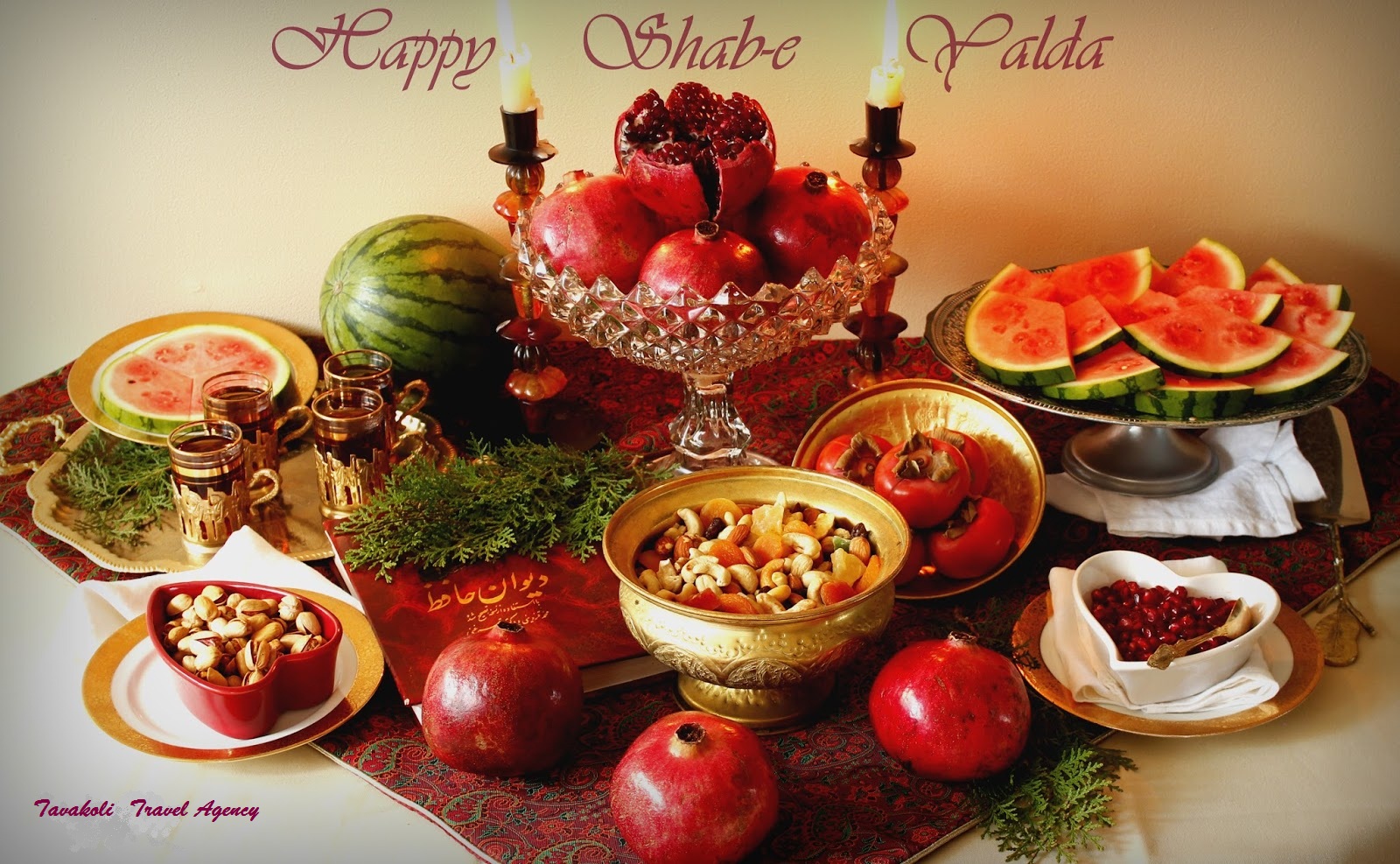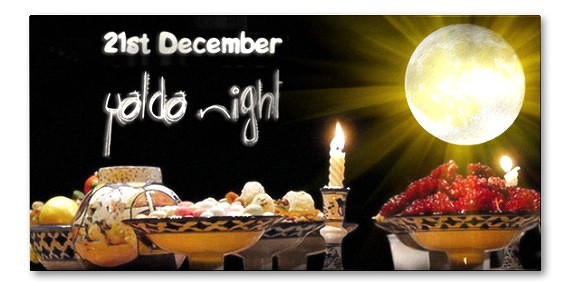Yalda in Iran, which means birth, is a Syriac word imported into the Persian language.
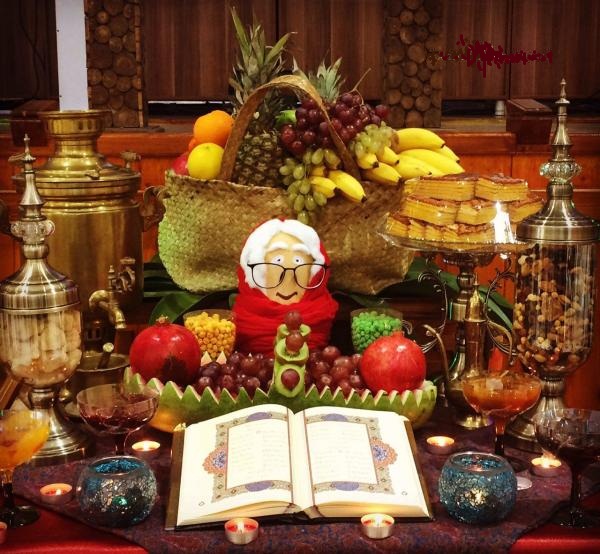
Early Christians linked this very ancient Persian celebration to Mithra, goddess of light, and to the birth anniversary of Prophet Jesus (PBUH).
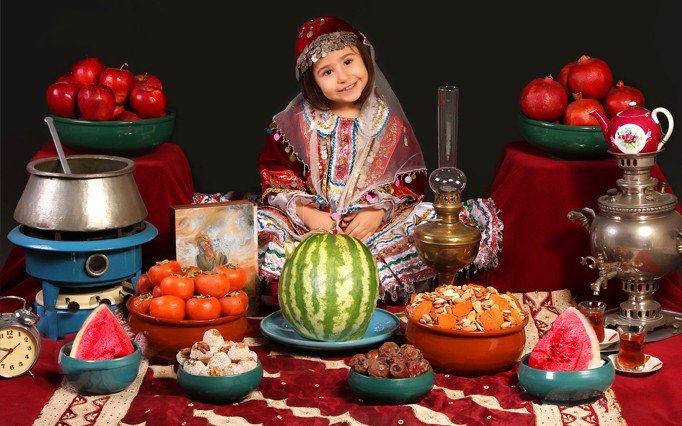
Iran review writes that in most ancient cultures, including Persia, the start of the solar year has been marked with the celebration of the victory of light over darkness, and the renewal of the sun.
According to Persian tribune, Early Christians used the term Yalda specifically with reference to the birth of Mithra, goddess of light.
Because Yalda in Iran is the longest and darkest night, it has come to symbolize many things in Persian poetry; separation from a loved one, loneliness and waiting. After Yalda, a transformation takes place – the waiting is over, light shines and goodness prevails.
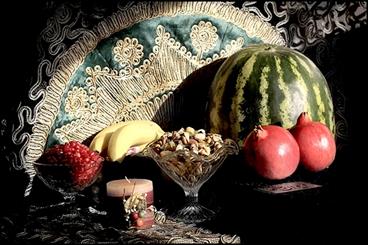
Iranians around the world celebrate Yalda, which is one of the most ancient Persian festivals. The festival of Yalda in Iran dates back to the time when a majority of Persians were followers of Zoroastrianism prior to the advent of Islam.
On Yalda festival, Iranians celebrate the arrival of winter, the renewal of the sun and the victory of light over darkness

On this night, family members get together (most often in the house of the eldest member) and stay awake all night long. Dried nuts, watermelon and pomegranate are served, as supplications to God for increasing his bounties, as well classic poetry and old mythologies are read aloud.
